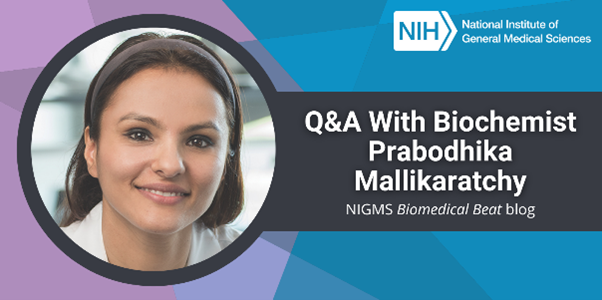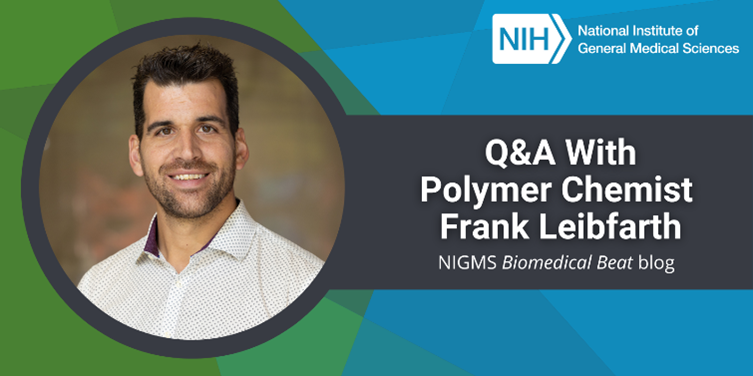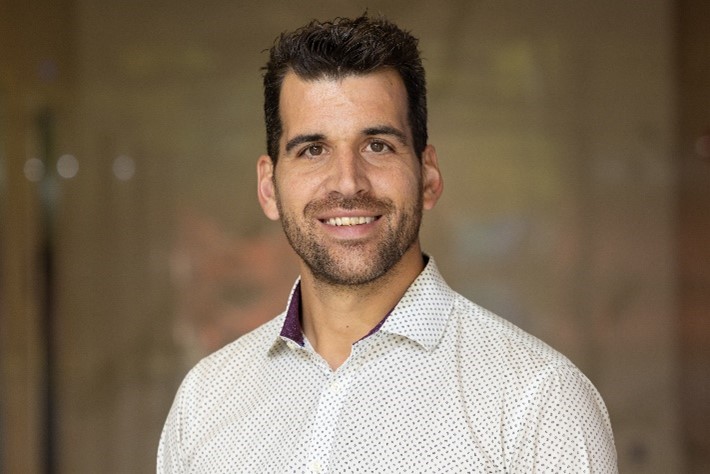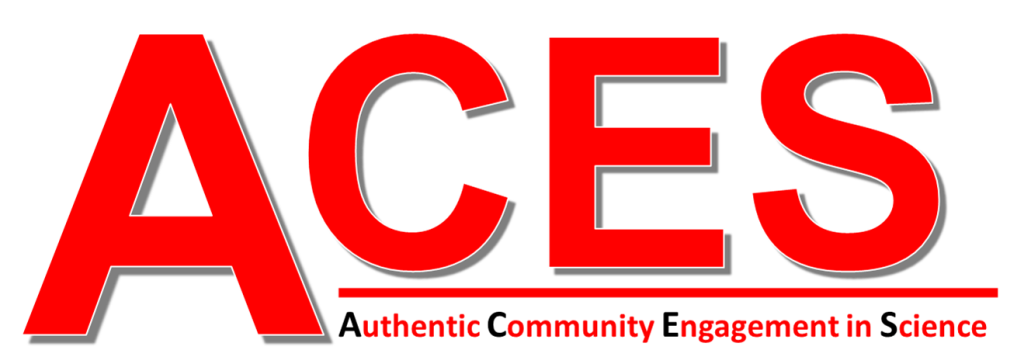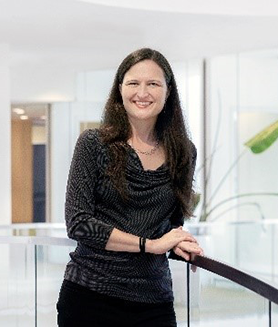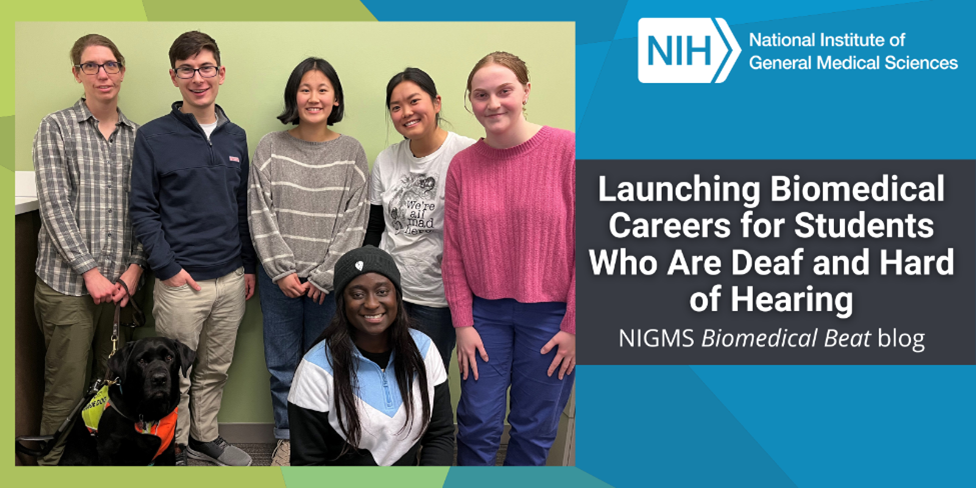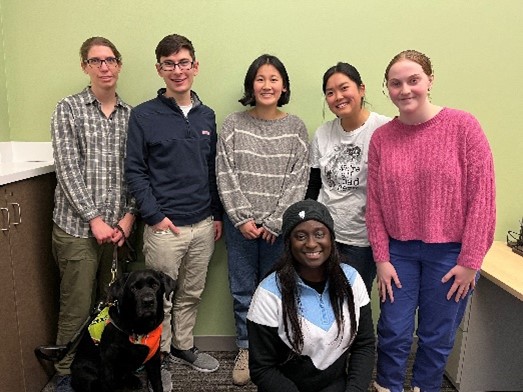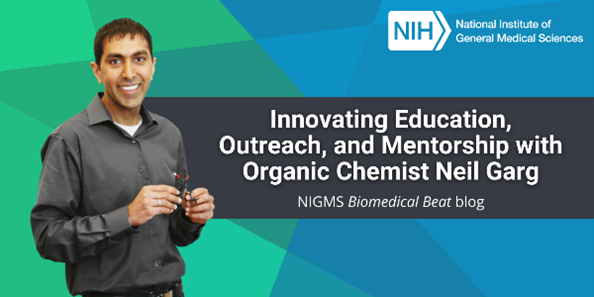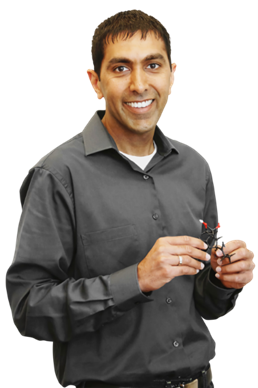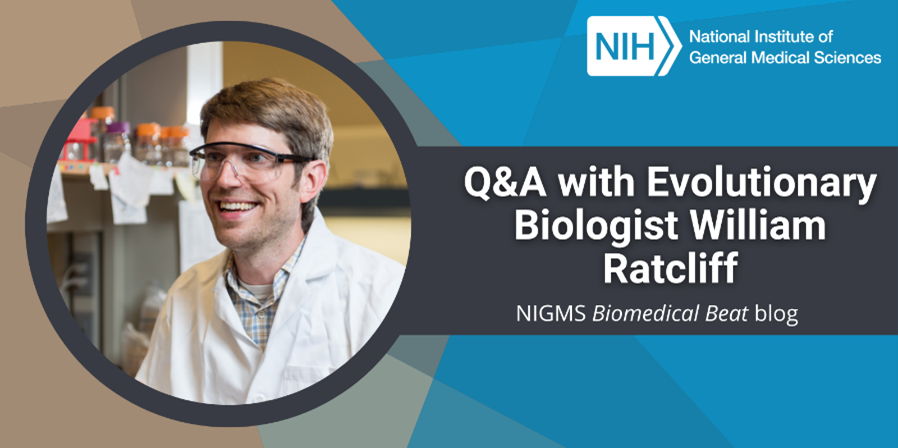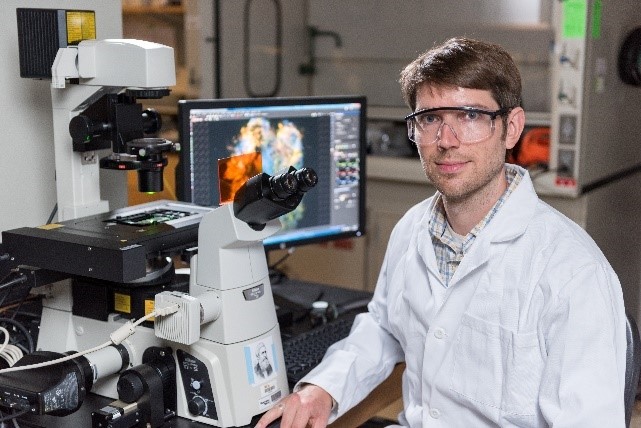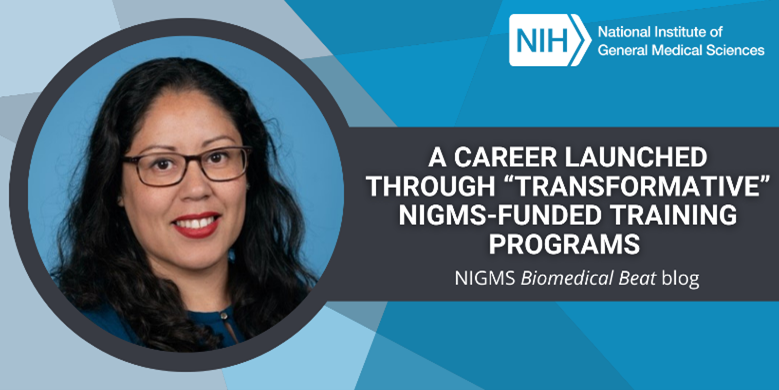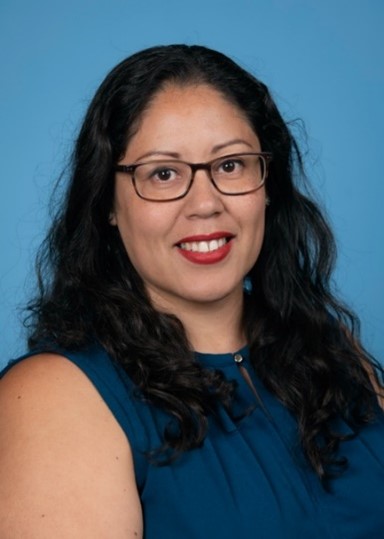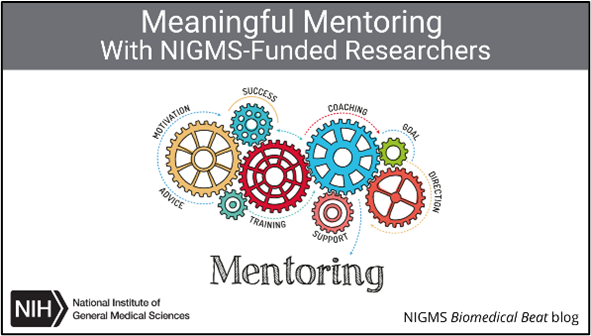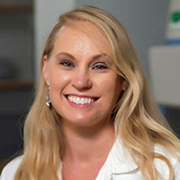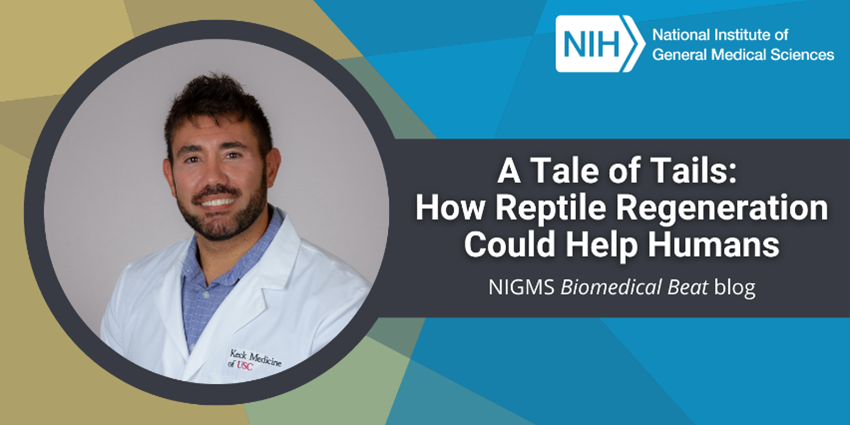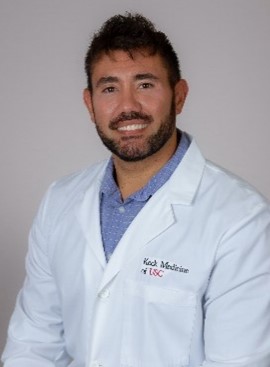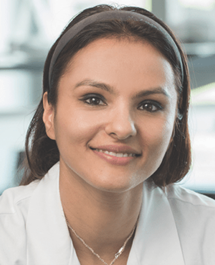
“One of the biggest things I hope for in my career is that in 20 years, I still feel the same joy and enthusiasm for research and training that I feel now,” says Prabodhika Mallikaratchy, Ph.D., a professor in the department of molecular, cellular, and biomedical sciences at the City University of New York (CUNY) School of Medicine. Dr. Mallikaratchy talks with us about her career path, research on developing new immunotherapies and molecular tools using nucleic acids, and her belief in the importance of being passionate about your career.
Q: How did you first become interested in science?
A: Growing up in Sri Lanka, I was always a curious child. I remember being drawn to science and math, but there was no particular incident that sparked my interest. By the time I reached high school, though, I had become especially interested in chemistry.
Continue reading “Career Conversations: Q&A With Biochemist Prabodhika Mallikaratchy”

